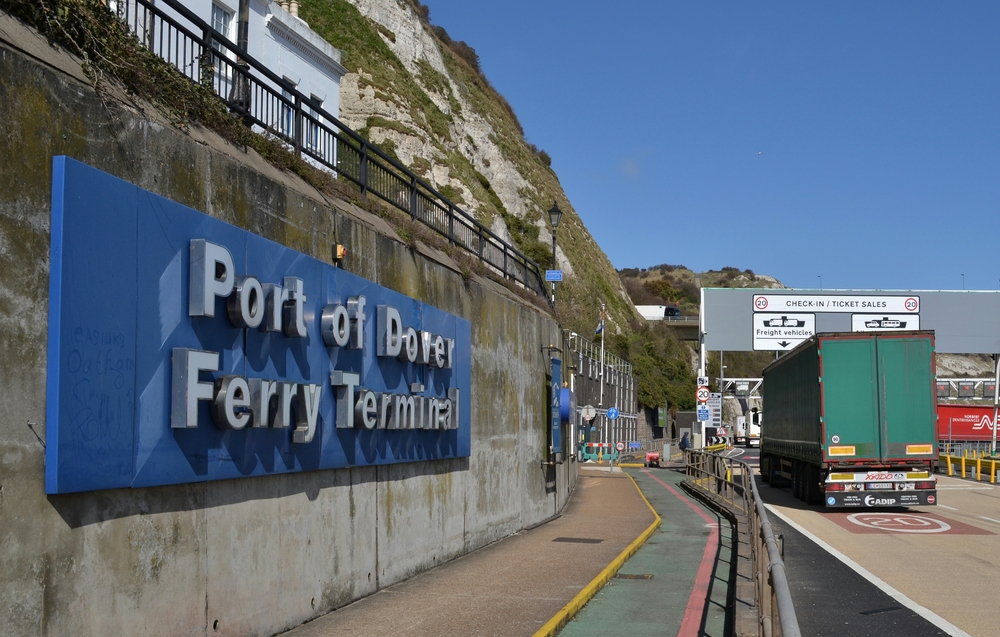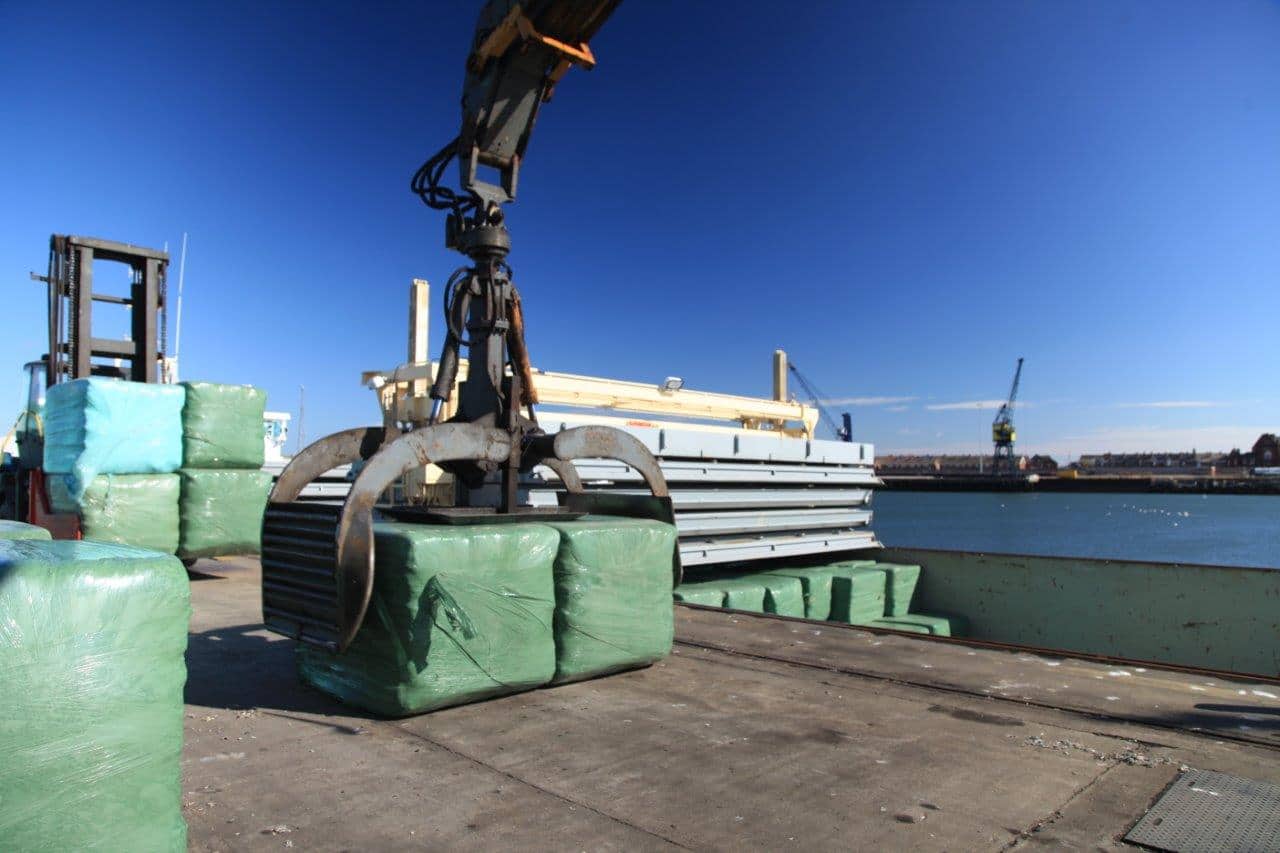As uncertainty over the UK’s future relationship with Europe continues, Defra has warned businesses in the waste sector to identify ‘alternative export routes’ to avoid disruption to services in a no-deal Brexit.
Ministers have stressed that the UK leaving the EU without a deal remains a remote possibility – with a delay to the Brexit process more likely in the event that the Prime Minister can not get her deal through Parliament at the third attempt.

Port of Dover is expected to be among the ports with a high level of disruption from a no-deal Brexit
But, government Departments are continuing to plan for all outcomes, and a meeting took place last week (21 March) between waste exporters and officials from both Defra and HMRC, to offer an update on planning for a no-deal scenario.
Defra has emphasised that while agreement has been reached with EU member states to roll-over existing TFS approvals for waste exports (see letsrecycle.com story), changes to border controls may impact the movement of material.
Roll-on Roll-off Freight
The Department has claimed that though disruptions at most container ports are not expected, there may be some delays at ‘roll-on, roll-off’ ports carrying wheeled freight, in particular at Dover, which is among the key exports route for refuse derived fuel and other material to the continent.
In the event that exports are delayed, waste businesses have been told to have contingency plans in place, including alternative storage facilities that could accept waste or to utilise other export routes that avoid impacted ports.
In a bulletin circulated to exporters yesterday, the Department, said: “If the UK leaves the EU without a deal, changes at border controls could delay waste exports – especially at the Port of Dover. The government is doing everything it can to reduce the risk of disruption and to minimise delays to exports.
“If you haven’t already done so, we recommend that you make a plan as a precaution should there be any disruption at the ports that you use.”
Notification
Defra has warned that businesses that do change their export route will also be required change their export notification – which is required to be agreed between UK and overseas competent authorities.
Last week’s meeting also heard the potential for extra no-deal costs to RDF exporters in the form of customs charges, VAT rates, and the possibility of tariffs on logistics services if there is no customs arrangement in place between the UK and EU.
“This government has been absolutely clear on our commitment to deliver a Brexit deal negotiated with the EU. But the government is preparing for any eventuality and we need our businesses to do the same.”
Thérèse Coffey
Environment Minister
Commenting on the issue, the Environment Minister Thérèse Coffey, said: “Our landmark Resources and Waste Strategy makes clear that we are committed to dealing with more of our waste in the UK and increasing recycling. But in the short term, we have taken important action to ensure any disruption caused by a no-deal Brexit can be minimised.
“This government has been absolutely clear on our commitment to deliver a Brexit deal negotiated with the EU. But the government is preparing for any eventuality and we need our businesses to do the same.”
Jacob Hayler, executive director of the Environmental Services Association (ESA), echoed the minister’s comments around contingency plans for waste exports.
Mr Hayler explained: “The Port of Dover is confident that it has the right processes in place to prevent no deal disruption but the message is clear that operators need to have contingencies in place as no one really knows what would happen the day after a no deal exit.”
RDF
Among the materials likely to be most affected in the event of a no deal Brexit is refuse derived fuel – around 3 million tonnes of which is exported from England to the continent every year – much of which leaves through ports in the south of England.

RDF exports are anticipated to be impacted if Britain leaves the EU without a deal
Bethany Ledingham, group secretariat of the RDF Working Group, which represents businesses operating in the sector and who was present at last week’s meeting, highlighted the cost to exporters from a no-deal scenario.
She said: “RDF operators have been advised to have robust contingency plans in place, for both storage and disposal of waste. Defra is confident that there is landfill capacity available in England, but with no plans from central government to provide financial support, many operators will only be willing to bear these costs under a worst-case scenario.”
Ms Ledingham called for EU member states receiving material from the UK to prioritise the shipment of RDF “With the regulators treating permitted sites on a case-by-case basis with regards to storage capacities, it is essential that Member States which import waste ensure any new processes brought in at the EU border do not threaten the timely delivery of RDF to receiving facilities.”
The post Waste exporters warned of Dover ‘no-deal’ disruption appeared first on letsrecycle.com.
Source: letsrecycle.com Waste Managment



